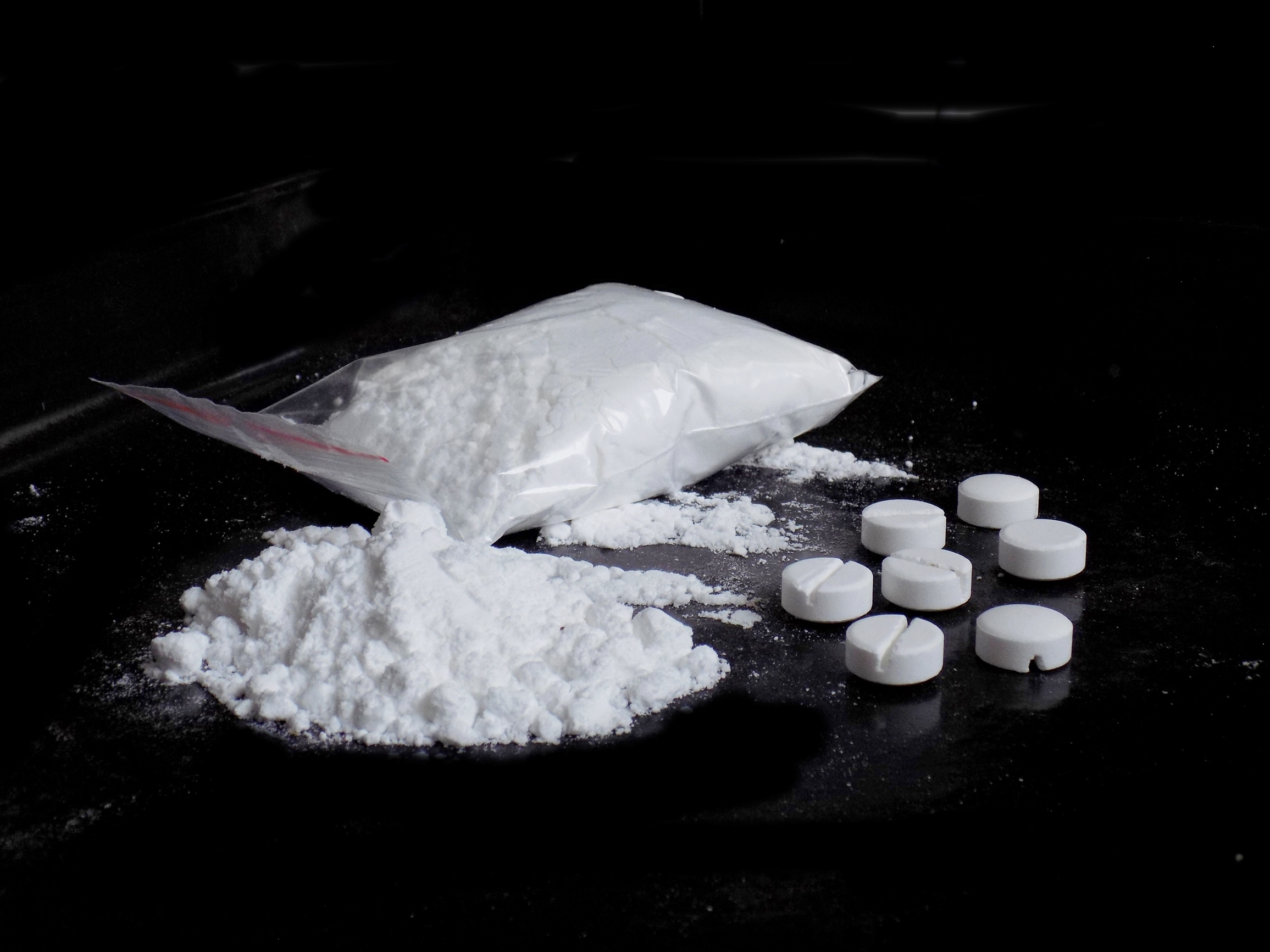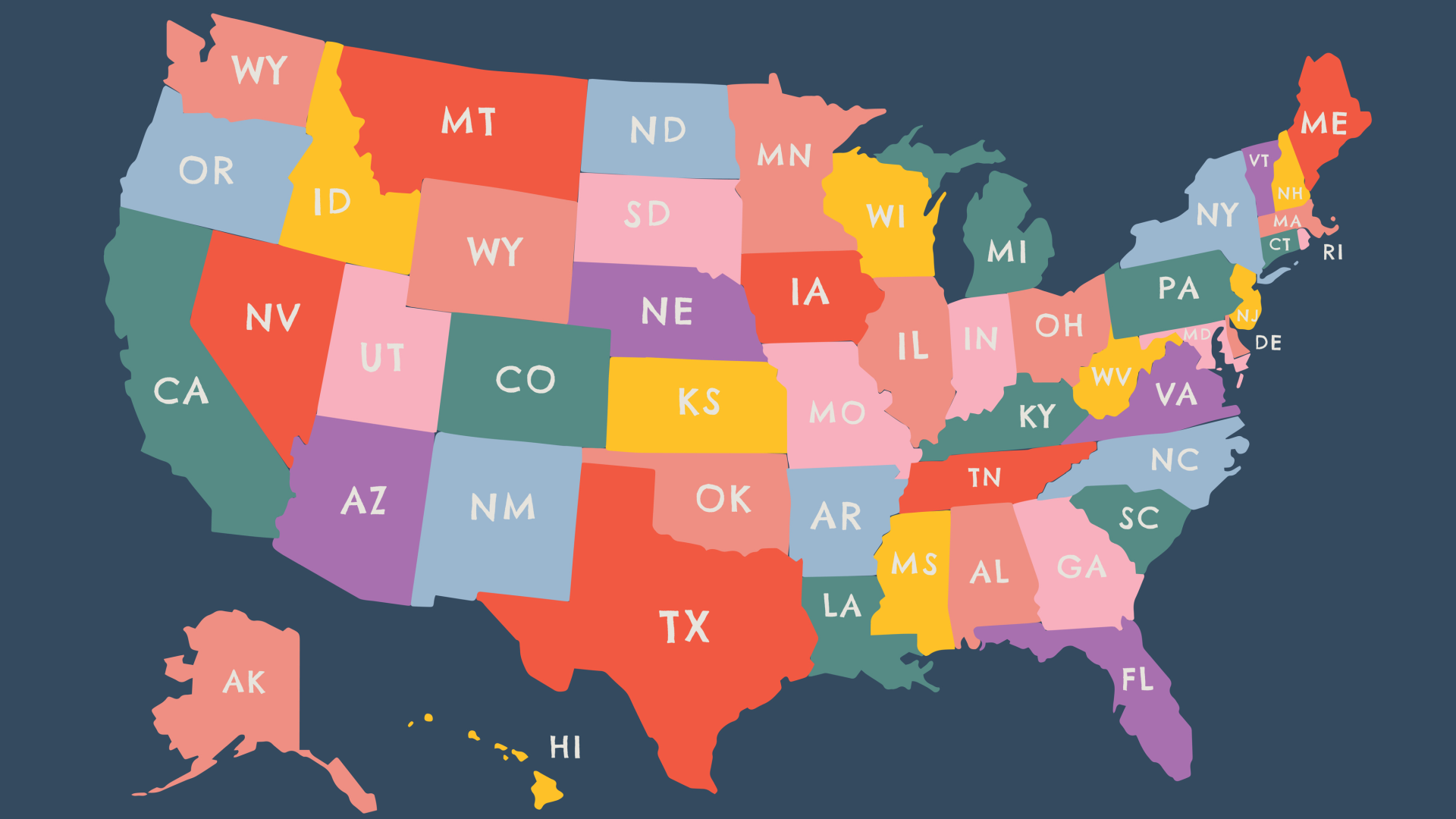Case Law Monitor – December 2022
Case Law Monitor is the bimonthly case law newsletter of the Legislative Analysis and Public Policy Association (LAPPA). Each issue will highlight unique cases from around the United States in the areas of public health and safety, substance use disorders, and the criminal justice system. ...










